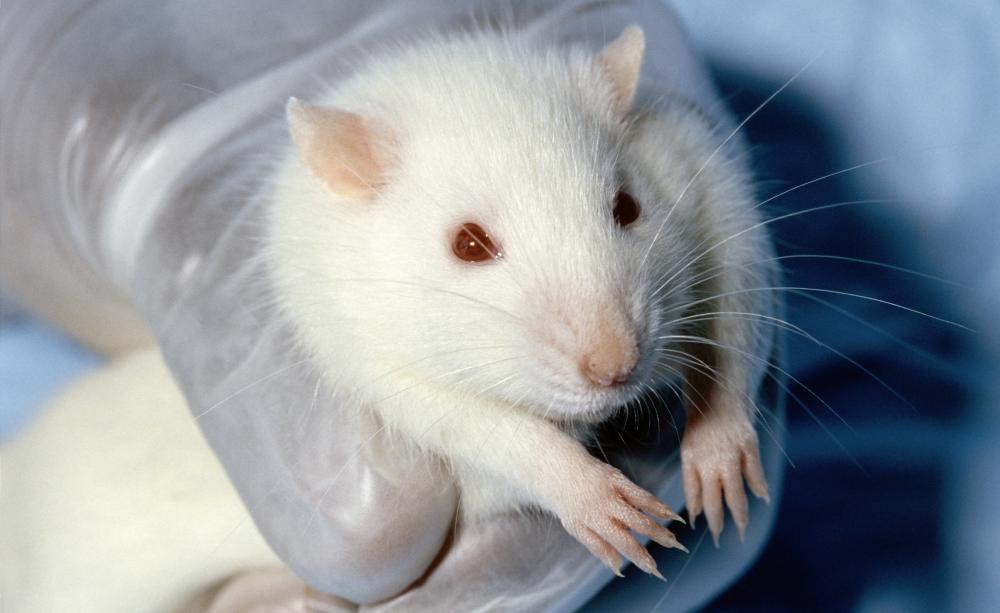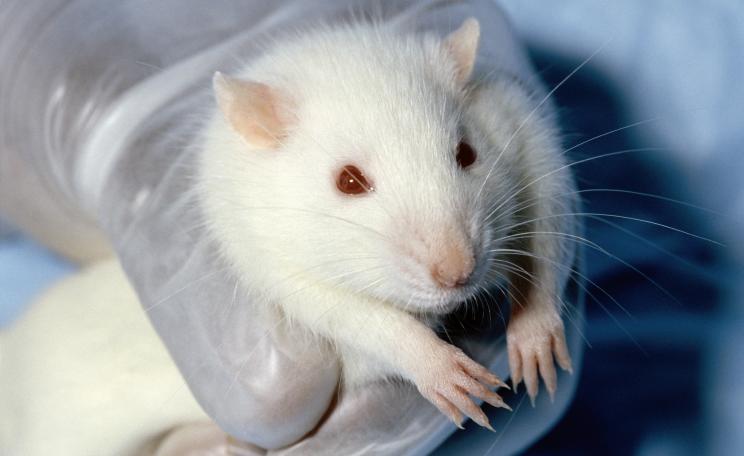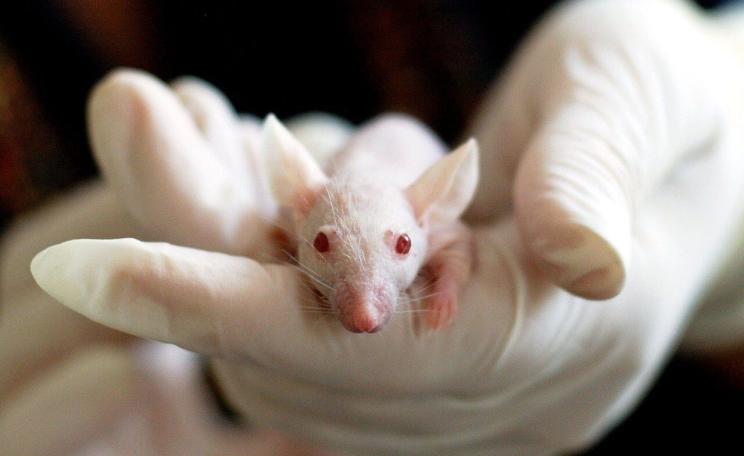Around 85 percent of investment in animal-based research is ultimately wasted due to sloppy science.
This article is not about scientific misconduct or research fraud. Those terms apply to individuals who deliberately manipulate results, or fake their data in order to publish articles or to achieve fame in a particular field of science.
Rather, the scientific fraud I refer to is more akin to the legal concept of 'silent fraud' in which the plaintiff claims that the defendant kept silent about an important fact in order to lead the plaintiff to believe that the opposite of that fact were true.
Sloppy science
The animal research community is in crisis as never before. In the past, scientists who conducted animal experiments had to contend with two main issues: where to get their funding and vocal criticism from the animal rights movement.
Today, animal researchers have to contend with two additional issues: poor quality data and the inability of animals to predict what might happen in people.
Around 85 percent of investment in animal-based research is ultimately wasted due to sloppy science. This astonishing figure is corroborated by research scientists on both sides of the Altlantic.
Michael Bracken, professor of epidemiology at Yale University School of Public Health complains: "For every 100 research projects, only half lead to published findings. Of those 50, half have significant design flaws, making their results unreliable. And of those 25, half are redundant or unnecessary because of previous work."
These sentiments are echoed by Malcolm Macleod, professor of neurology at the University of Edinburgh: "Every week around 3500 new pieces of research involving animals are published … much of that work is at substantial risk of bias – and the effects observed in animals may be substantially overstated at a consequence."
Significant failings
In fact, there are 235 documented ways that scientists can fool themselves by unconsciously biasing their studies.
One study in particular, published in the prestigious journal Nature in 2012, sent shockwaves through the scientific community. A team of highly respected researchers declared that they had been unable to reproduce the findings in 47 of 53 "landmark" cancer papers.
This is more than just sloppy science. The results of misleading animal studies translates into billions of pounds’ worth of wasted effort and dead ends in the search for drugs.
Failures in animal studies also have deadly consequences for human health in terms of unexpected adverse drug reactions and failed treatments.
This unacceptable state of affairs has spawned groups of research scientists who have formulated guidelines with the aim of reducing the risk of bias in reports of in vivo (animal) research. How successful these guidelines will be remains to be seen as they are largely voluntary and journal editors are not necessarily enforcing them.
Around 85 percent of investment in animal-based research is ultimately wasted due to sloppy science.
Misguided progress
However, there is a much more fundamental issue that animal researchers need to face. Let us assume, for a magic moment, that all researchers adopt and adhere to the guidelines, and perform their animal studies to the letter. Will the results of their animal data become more relevant to the human diseases they are intended to find treatments for?
The short answer is no. If the assumptions, or axioms, upon which the research studies are based, are untenable either scientifically or logically, then the results must be highly suspect regardless of the otherwise high quality of the studies.
Animal-based research has, until fairly recently, managed to elude the conventional rigours of evidence-based medicine. Ever since the Second World War, society has almost unquestioningly acquiesced to the demands by research scientists for funding in the name of progress. Much of this research involves the use of animals.
Human data
There is a very strong case to be made against the continued use of animals as models of human disease, or as test models for the development of human drugs.
The empirical evidence comes to us from the pharmaceutical industry itself, with the revelation that animal tests are less predictive of human outcome than a coin toss. On closer examination, it becomes crystal clear that the animal tests are performed for legal reasons rather than scientific ones.
The solution to this conundrum lies in amending current legislation so that the submission of human data replaces animal data as the gold standard. This data is readily available in the form of 3D cell cultures, stem cells, donated surgical waste, organ-on-a-chip, and more.
While these evolving technologies are still no match for the complexity of a living human body, they make animal experiments look prehistoric by comparison.
'Silent fraud'
The remaining bone of contention is whether or not to use animals simply to discover new knowledge that may fortuitously provide a medical breakthrough.
Once again, animal research has largely been spared any serious scientific audit. At least until 2003, when a landmark study closely examined 25000 articles published in leading science journals. It measured the translation rate of basic research into clinically useful treatments. The result was astonishingly low: 0.004 percent, to be precise.
It should be clear by now that the debate about animal experiments is more than the obvious animal suffering.
It should also be obvious that animal experimentation is not going to provide the hoped-for and much needed answers to our current health crisis. To pretend otherwise is tantamount to 'silent fraud' in the light of current scientific knowledge.
This author
Andrew Menache is a veterinarian who has held various posts, including that of president of Doctors and Lawyers for Responsible Medicine (UK), and general manager of the Federation of Animal Protection Societies in Israel.




